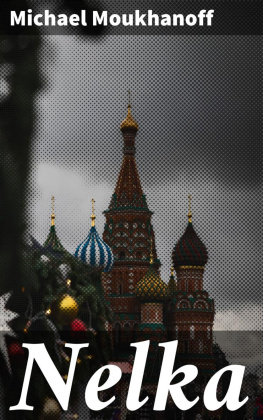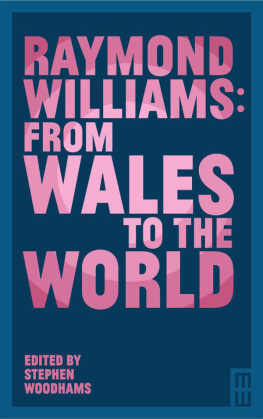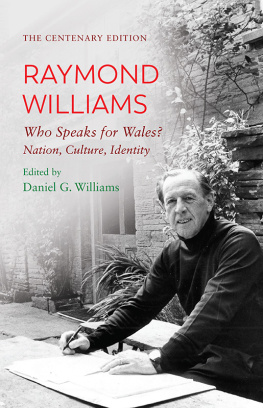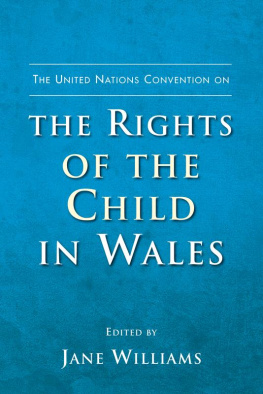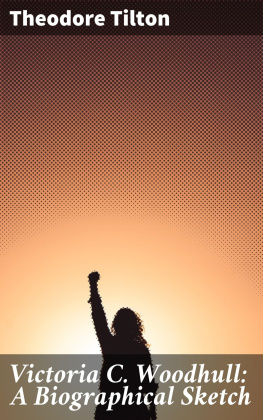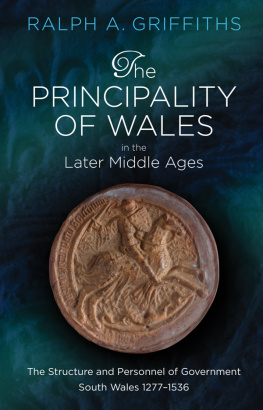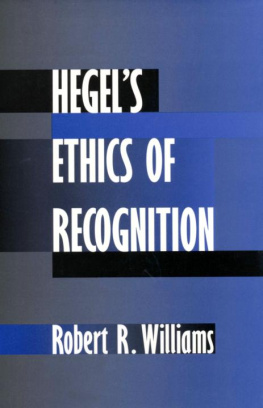Transcribed from the 1836 H. Hughes edition by David Price, email ccx074@pglaf.org
A
BIOGRAPHICAL SKETCH
OF SOME OF
THE MOST EMINENT INDIVIDUALS
WHICH
THE PRINCIPALITY OF WALES
HAS PRODUCED SINCE THE REFORMATION.
BY
The Rev. ROBERT WILLIAMS, M.A.,
AUTHOR OF AN HISTORICAL ACCOUNT OF CONWAY CASTLE.
(To whom the Cymmvodorion awarded a Silver Medal in 1831).
WITH AN ADDENDA,
CONTAINING MEMOIRS OF DR. WILLIAM OWEN PUGHE,
RICHARD LLWYD, THE ANTIQUARIAN, BARDD NANTGLYN,
BARDD CLOFF, AND SEVERAL OTHERS, DERIVED FROM
VARIOUS AUTHENTICATED SOURCES.
LONDON:
H. HUGHES, 15, ST. MARTINS-LE-GRAND.
1836.
METCALFF, PRINTERS,
5 GROCERS HALL COURT, POULTRY.
BIOGRAPHICAL SKETCHES,
ETC.
William Baxter was born in Wales in the year 1650. In his eighteenth year he was sent to Harrow School, when he could speak no other language but Welsh; he, however, soon acquired English, and triumphantly overcame all these disadvantages, and at the age of twenty-nine he commenced author, with the publication of his Analogia Lingu Latin. He afterwards was appointed master of the Mercers School, in London. He soon made himself known as an excellent philologist and antiquary, by several learned works, and more particularly his Horace and his Dictionary of British Antiquities, entitled Glossarium Antiquitatum Britannicarum, in which he attempted, from his knowledge of the British language, to determine geography by etymology. He died in 1723.
Lewis Bayly, an eminent prelate, was a native of Caermarthen, and studied at Oxford. He was appointed chaplain to Henry Prince of Wales, son of James the First, to whom he dedicated a religious work, entitled the Practice of Piety, which has passed through a vast number of editions. He was rector of St. Matthews church, in London, and afterwards bishop of Bangor; and died in 1631. His son,
Thomas Bayly was educated for the church at Cambridge; and during the civil war he resided at Ragland Castle, as chaplain to the Marquis of Worcester; after the surrender of which he travelled on the Continent; and on his return to England he published his Certamen Religiosum, or a Conference between King Charles the First and Marquis of Worcester, concerning religion, in Ragland Castle, Anno 1646, which he is supposed to have written to justify his embracing the Roman Catholic religion. He also published the Royal Charter granted to Kings, for which he was committed to Newgate. He also published another work, entitled Herba parietis. Having made his escape from prison, he died in France in 1659.
Morris Clynog was a native of Caernarvonshire, and was educated at Cambridge, where he graduated L.L.B. He was appointed rector of Corwen sinecure in 1556, and became a prebendary of York, and an officer in the Prerogative Court, under Cardinal Pole, archbishop of Canterbury, and he was nominated to succeed Dr. William Glynn in the bishopric of Bangor; but the queen dying before he was consecrated, he fled beyond sea, and going to Rome he became, some years after, the first rector of the English hospital there, after it was converted into a college for English students, where he became much noted for his partiality to his countrymen of Wales, which always caused a great faction between the Welsh and English students resident there.
Thomas Coke, the eminent missionary, was the son of a surgeon at Brecon, in South Wales, where he was born in the year 1747. He was educated at the College school at that town, and in due time he was entered a Gentleman Commoner of Jesus College, Oxford. He took the degree of L.L.D. in 1775; and becoming acquainted with Wesley, he supported his opinions with great zeal. He commenced his labours as a missionary in North America in 1784, where he remained for several years in great popularity with the Methodists; but his advocating the cause of the negroes, and his opposition to the inhuman traffic in slaves, brought upon him the indignation of the Americans, and he was obliged to leave the country with precipitancy, and it was with great difficulty that he escaped to England. He afterwards made nine voyages as a missionary to the West Indies with great success, which must be attributed to his pious zeal and learning, which he has left several works to prove. His character has always been greatly extolled for the judgment which he exhibited in very trying periods, and for the amiableness of his disposition. He died on his voyage to the East Indies in 1814.
Francis Davies, D.D., an eminent and pious prelate, was a native of Wales, and was born in the year 1604. After an academical education, he entered the church; he received various preferment, and in 1660 he was appointed archdeacon of Llandaff. In 1667 he was raised to the bishopric of the same diocese; and died in 1674.
John Davies, D.D., the celebrated Welsh antiquary and learned divine, was born at Llanverras, in Denbighshire, and was educated at Ruthin School, under Bishop Parry. He was entered at Jesus College, Oxford, in 1589, where he graduated. In 1608, he removed to Lincoln College, and took his Doctors degree in 1616. Having been appointed chaplain to Bishop Parry, he was made canon of St. Asaph by him; and in 1604, he was presented to the rectory of Mallwyd, and subsequently to those of Llan yn Mowddy and Darowen; and in 1617 to the prebend of Llannfydd, and subsequently to Llanvor sinecure. His character was held in high estimation in Oxford for his proficiency in the Greek and Hebrew languages: a most exact critic, and an indefatigable searcher of antiquities. His celebrated works are Antiqu Lingu Britannic Rudimenta, 8vo., 1621, and Dictionarium Britannico-Latinum, and Latino-Britannicum, which was published in London, 1632, folio. At the end of his dictionary is a good collection of Welsh proverbs. He died in May, 1644, and was buried in the church of Mallwydd, Meirionethshire.
Miles Davies was a native of Whitford, near Holywell, in Flintshire. He was originally intended for the church, but from some unknown cause he left his native country, and went to London, where he subscribed himself barrister at law. Here he commenced author, and published three volumes of his Athen Britannic, in 1715, which contain much curious and valuable knowledge. Very little is now known of his history, but he is supposed to have been unfortunate in his later career as a literary character. It is uncertain when his death took place.
Richard Davies, D.D., was the son of David ap Gronw, and was born in Denbighshire, and educated at New Inn Hall, Oxford. Having entered the church, he became vicar of Burnham, and rector of Maids-morton, Buckinghamshire, which preferment he was deprived of in Queen Marys reign, for being married; and he consequently retired to the Continent. On the accession of Queen Elizabeth he returned home, and was raised by her to the bishopric of St. Asaph, in 1559, from whence he was translated to the see of St. Davids in 1561. This eminent prelate was a man of great learning, and he was employed, with others, in translating the Bible into English, and he translated all from the beginning of Joshua to the end of Samuel. He also translated part of the New Testament into Welsh, particularly some of the Epistles. He published also some other works. He died at the Episcopal Palace of Abergwyli, Caermarthenshire, in 1581.



